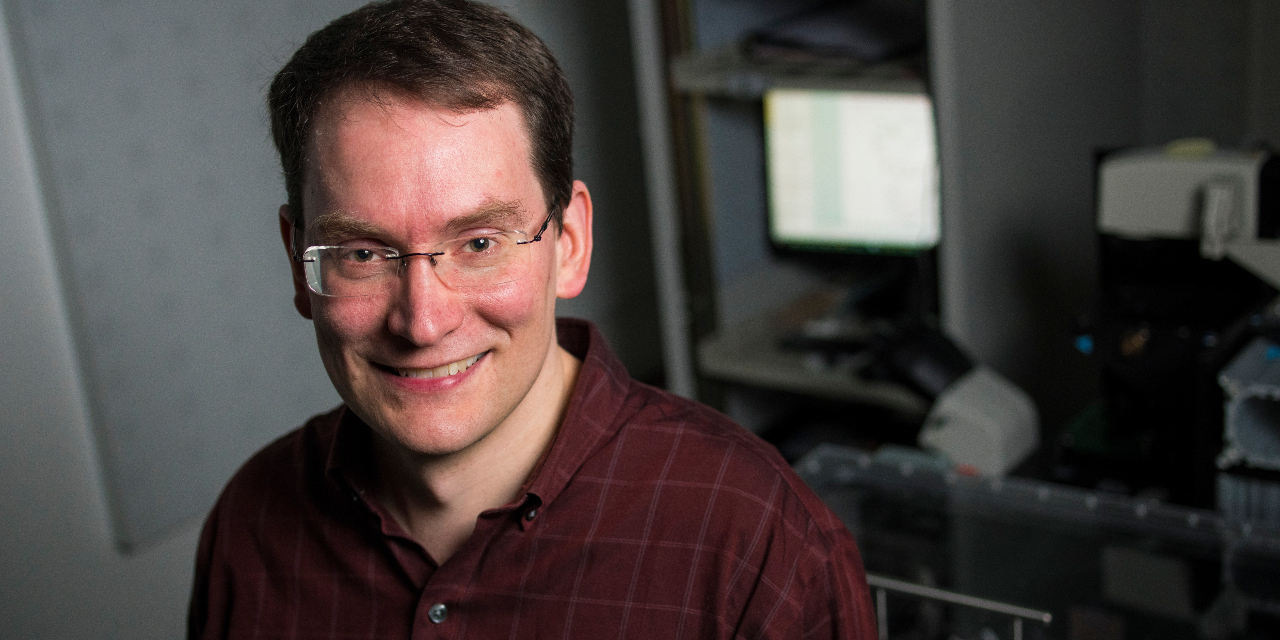A biophysicist at the University of Alberta is on the hunt for a drug that will prevent the coronavirus responsible for the COVID-19 pandemic from replicating once inside an infected host.
"We aim to identify drugs that can be tested for effectiveness and safety in future trials," said Michael Woodside, one of 11 U of A researchers who received funding through the federal government's Rapid Research Funding Opportunity created to help in the battle against COVID-19.
"The plan is to screen first for drugs that are already approved for human use that could be repurposed to treat COVID-19 more quickly before broadening the search to potential drugs that are not currently approved," said Woodside, who received $370,700 from the Canadian Institutes of Health Research for the project, with support from Alberta Innovates.
- RELATED: U of A health policy expert aims to cure COVID-19 'infodemic'
- RELATED: Public health study among 11 U of A research projects sharing $5.8 million in federal funding for rapid response to COVID-19
The genome of the novel coronavirus is made up of ribonucleic acid (RNA) rather than DNA. Once inside an infected host, the virus inserts its RNA genome into the cell, causing it to produce the proteins the virus needs to replicate.
The virus uses a process called programmed ribosomal frameshifting (PRF)-a topic that Woodside and his lab have been studying for many years.
Using laser tweezers to mimic what happens inside an infected cell, the researchers have identified how PRF is triggered and are now searching for molecular compounds to prevent the process from happening in the first place.
"Most efforts to find drugs look for compounds that target the viral proteins directly," explained Woodside. "What's different about our approach is that we're targeting the virus through its RNA rather than the proteins."
Woodside is working closely with fellow biophysicist Jack Tuszynski and a growing list of graduate students, as well as collaborators in the United States, to solve the many problems involved in identifying and testing potential drugs.
"Interdisciplinary research and scientific collaborations are essential to stopping the COVID-19 pandemic," Woodside noted.
"Solutions have to engage expertise and approaches across a wide range of areas to understand the biophysics of the viral molecules, the biology of virus replication, the chemistry of drugs and their interactions with targets, the response of the immune system, the symptoms and epidemiology of the disease, and the response of patients to treatments."
In the coming months, the researchers will focus on building and validating a model of the viral RNA for drug screening to identify approved drugs before any potential candidates move toward pre-clinical tests.
